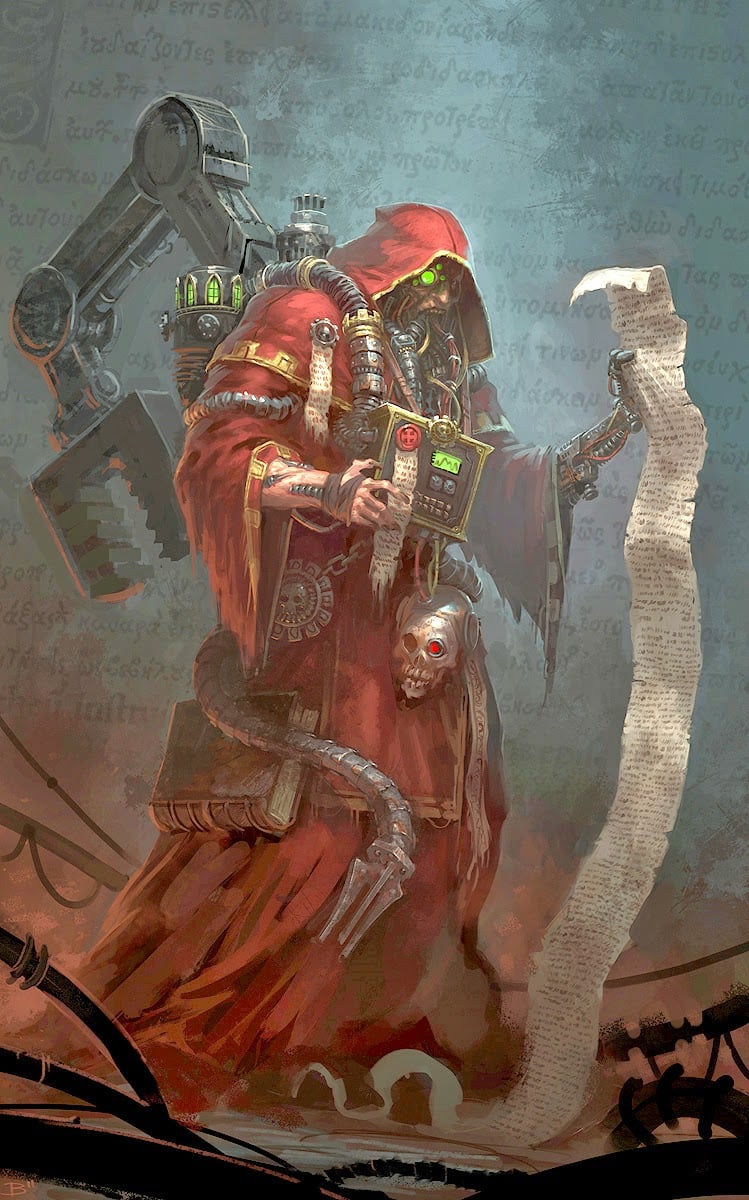Unfortunately she didn’t go there for punishment, she went for a job.
I know for a fact she’s not in Burning Point Lake of Fire.
She’s in a piss soaked patch of dirt in London.
I had to Google and see if people were really pissing on her grave. Sadly it appears it’s heavily guarded behind barriers. One comment astutely observed that this setup also helps keep that “vampiric bitch” in her grave where she belongs.
That’s many letters to spell London.
She’s actually in Super Hell.
Got sent there and was promoted to manager.
Tucson?
Scottsdale.
Damn, that’s one of the best arguments for religion that I’ve ever seen.
Mega hell
You just made the argument for God
Only for Devil
Isn’t it enough to piss on her grave without having to believe she’s in some magical torture realm too?
No, no it isn’t.
The old joke remains.
My only regret is that there isn’t a hell for her to have gone to.
I also don’t believe in witches, but she DID exist. So…
Seeing all the recent memes about her I figure people don’t like her. Why is that? Genuine question.
TL;DR: Reforms and a stern character.
Margaret Hilda Thatcher, Baroness Thatcher, LG, OM, DStJ, PC, FRS, HonFRSC (née Roberts; 13 October 1925 – 8 April 2013), was a British stateswoman and Conservative politician who served as Prime Minister of the United Kingdom from 1979 to 1990 and Leader of the Conservative Party from 1975 to 1990. She was the first female British prime minister and the longest-serving of the 20th century. As prime minister, she implemented economic policies that became known as Thatcherism. A Soviet journalist dubbed her the “Iron Lady”, a nickname that became associated with her uncompromising politics and leadership style
There are several reasons why some people criticize or dislike Margaret Thatcher:
Economic Policies: Thatcher implemented economic policies that aimed to reduce inflation, privatize or deregulate industries, and reduce the power of trade unions. These policies, known as Thatcherism, resulted in significant changes that benefited some but also caused upheaval and job losses in certain industries. Critics argue that the policies created inequality and weakened the social fabric of society.
Social Policies: Thatcher’s government was perceived as being unsupportive towards marginalized groups, such as the working class, minorities, and the poor. The dismantling of welfare programs, coupled with the emphasis on individualism, led to accusations that she did not prioritize the needs of vulnerable communities.
Handling of Miners’ Strike: Thatcher’s handling of the miners’ strike in 1984-1985 is often criticized. She introduced legislation that weakened the power of trade unions, leading to a highly contentious and violent confrontation with the striking miners. Many people felt that her actions were heavy-handed and showed a lack of empathy towards the working class.
Poll Tax: One of the most controversial policies under Thatcher’s leadership was the introduction of the Community Charge, or “Poll Tax,” which aimed to replace the existing system of local property taxes. The tax was not based on income levels and was seen as unfair and disproportionally affecting the poor.
Unpopularity in Certain Regions: Thatcher’s policies were particularly unpopular in regions heavily dependent on industries like mining, manufacturing, and steel production, which saw significant job losses and economic decline. These areas often experienced long-lasting resentment toward her and her government.
That’s ChatGPT right?
Yes, it is








